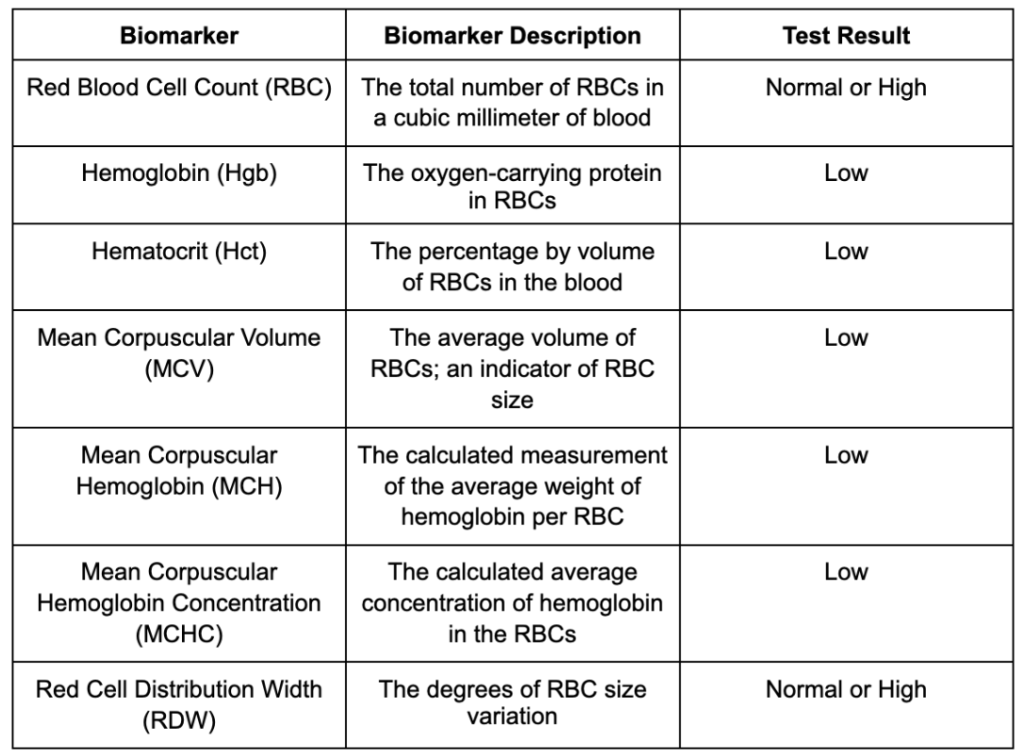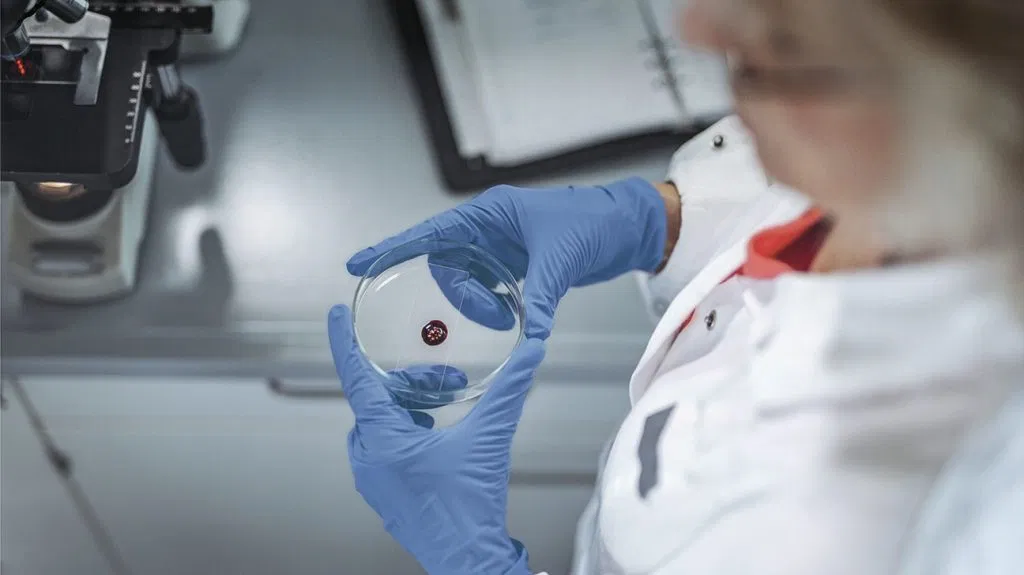The mcv blood test low measures the average size of your red blood cells. A low MCV value means your red blood cells are smaller than normal. Low MCV levels can indicate a variety of health problems, from vitamin deficiencies to anemia. In this article, we will explore 5 possible reasons why your MCV blood test might be low and how you can improve your levels.
Table of Contents
Iron Deficiency Anemia

Iron deficiency anemia is the most common cause of mcv blood test low results. Iron is an essential nutrient that your body needs to produce hemoglobin, a protein in your red blood cells that carries oxygen throughout your body. If you do not have enough iron in your body, your red blood cells will not be able to carry enough oxygen, leading to anemia. Anemia can cause fatigue, weakness, and shortness of breath.
How to Improve Your Levels: Eating iron-rich foods such as red meat, poultry, fish, beans, and dark leafy greens can help improve your iron levels. You may also need to take iron supplements.
Vitamin B12 Deficiency Anemia

Vitamin B12 is essential for the production of red blood cells. Without enough vitamin B12, your body may produce abnormally large red blood cells that are unable to function properly, leading to anemia.
How to Improve Your Levels: Foods rich in vitamin B12 include meat, fish, dairy products, and fortified cereals. You may also need to take vitamin B12 supplements.
Thalassemia

Thalassemia is a genetic disorder that affects the production of hemoglobin in your red blood cells. People with thalassemia have low levels of hemoglobin, which can cause anemia and low MCV blood test results.
How to Improve Your Levels: There is no cure for thalassemia, but treatments such as blood transfusions, folic acid supplements, and bone marrow transplants can help manage symptoms.
Chronic Disease
Chronic diseases such as rheumatoid arthritis, kidney disease, and cancer can cause anemia and mcv blood test low results. These diseases can interfere with the production of red blood cells, leading to anemia.
How to Improve Your Levels: Treating the underlying chronic disease can help improve your MCV levels. You may also need to take iron supplements or erythropoietin, a hormone that stimulates the production of red blood cells.mcv blood test low
Lead Poisoning

Lead poisoning can damage your bone marrow, where your red blood cells are produced, leading to anemia and low MCV blood test results. Lead poisoning is more common in children, but adults can also be affected.mcv blood test low
How to Improve Your Levels: Treating lead poisoning involves removing the source of lead exposure and taking medications to remove the lead from your body.
Conclusion
mcv blood test lower sults can indicate a variety of health problems, from vitamin deficiencies to anemia. If you have low MCV levels, it is important to talk to your doctor to determine the underlying cause. Improving your MCV levels may involve dietary changes, supplements, or medical treatments. By working with your doctor, you can improve your MCV levels and protect your overall health.
Learn about: Experience the Miracle of Pregnancy with Our State-of-the-Art 3D Ultrasound Technology – Get a Crystal Clear View of Your Baby



